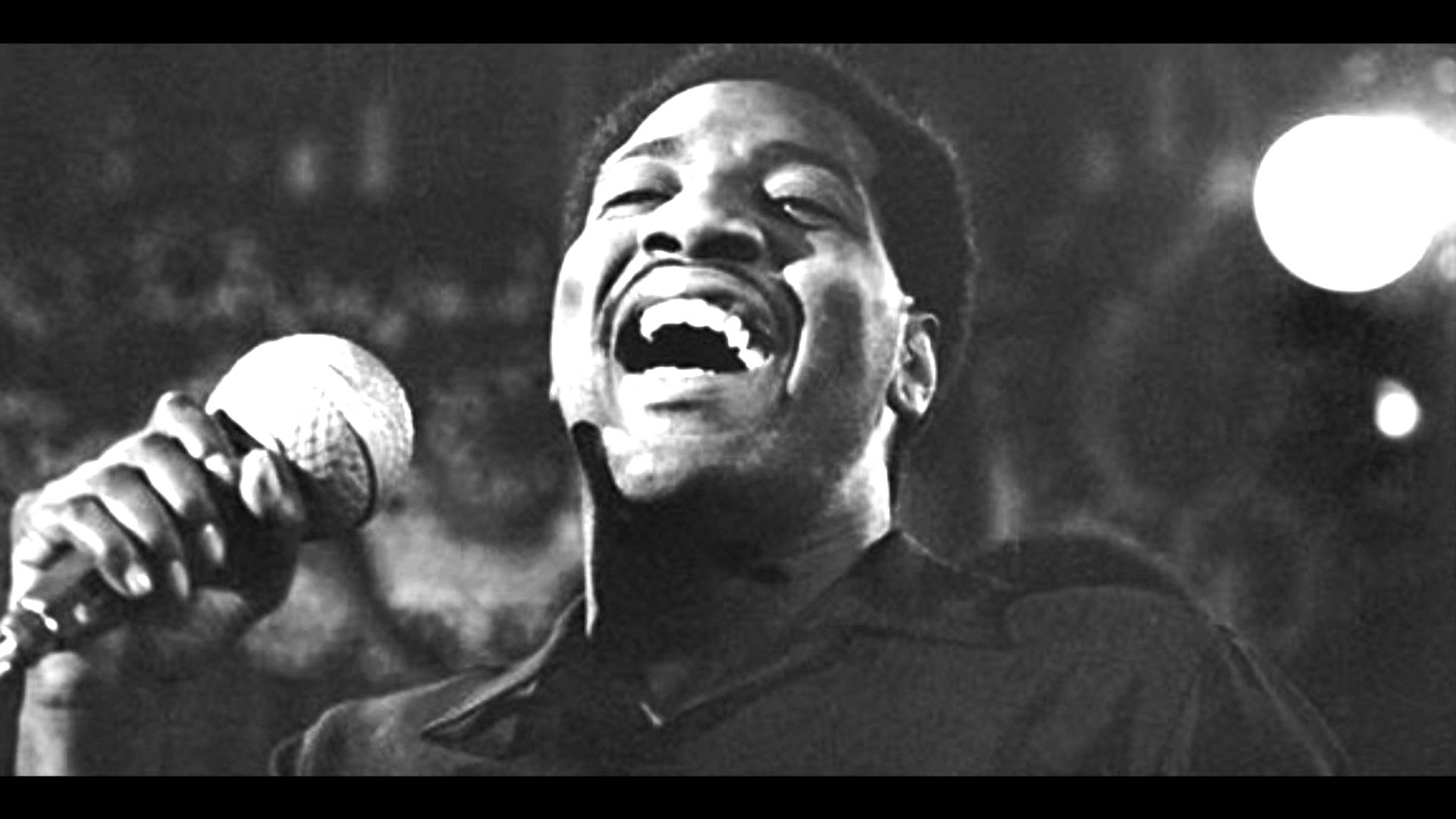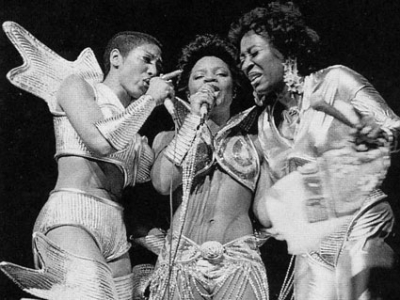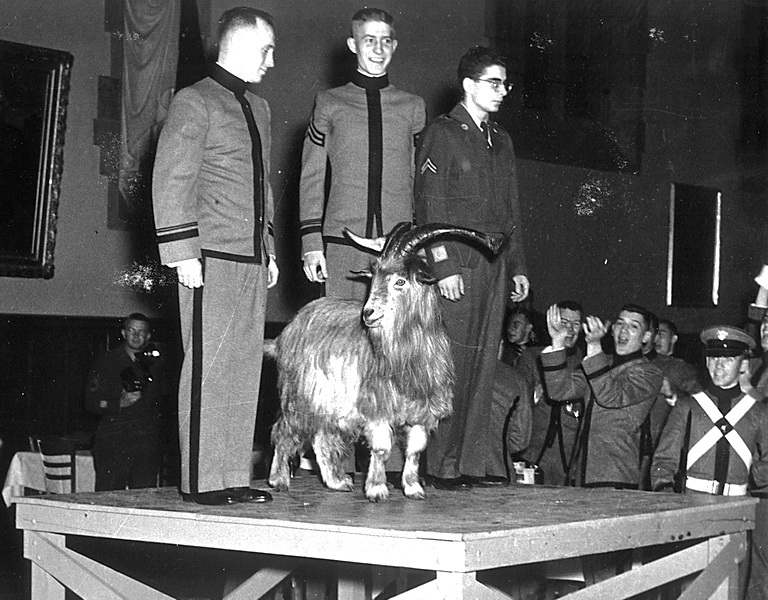As a kid, I loved Otis Redding’s songs, especially “I’ve Got Dreams to Remember” and “I’ve Been Loving You Too Long.” I still can’t say too much about that voice, those arrangements. Listen for yourself. Silk degrees.

After his groundbreaking performance at the 1967 Monterrey Pop Festival (“resplendent in a teal-green silk suit”), Redding hosted a bash at his Big O Ranch in Georgia. The local newspapers crowed: “Otis is having a royal barbeque.” He was all of 25.
But it was less upbeat for some in his guests. The Black Power movement was on the rise and many of Redding’s inner music circle were white, like R&B producer Jerry Wexler. “People were talking a lot of trash,” Wexler recalled. “What is whitey doing here?” For his part, Redding wanted everyone he loved to be around him as he moved from his mostly African American fan base and into pop’s mainstream. Redding did what he could to un-ruffle feathers across the divide he was straddling, but his guests could still recall the tensions decades later (from a new book about Redding by Jonathan Gould).
I grew up at a time when you could hear what people were calling “soul music” on the same radio station (WAVZ) as the Beatles and Glen Campbell. (Today, it’s hard to imagine that kind of musical or audience diversity at any point “on the dial.”) But back then it was possible to think that the venues where you could see these performers would have the radio’s audience. That wasn’t even close to being true.
As the Sixties wound down and the Seventies got started, I went with a friend to see the Temptations at the Oakdale Theater. It had gently elevated seating-in-the-round, with a tent overhead and open to the summer breezes down below. Sitting almost anywhere gave you an immediate 360, so it took no time at all to discover that we were the only white boys in the house. As the Temps got going—“Ain’t Too Proud to Beg,” “I Wish It Would Rain”—maybe the audience was just as surprised to see us, but before long it seemed that everyone had switched to pretending that we just weren’t there. I’d never been a minority before, and it almost felt like I was crashing somebody else’s party. But the next couple of times, there was no doubt about that at all.
Five or so years later, a college friend went with me to see Patti Labelle (and her group Labelle) at Assumption College. I was thinking a good-girls-from-parochial-schools kind of environment. Moreover, Labelle had Top 40 hits with lyrics like “Gichie, Gichie, ya ya dada/Gichie, Gichie, ya ya here…” that they sang in costumes straight out of “Star Trek.” It would be fun, but hardly high-risk entertainment. Still as I settled in, it gradually dawned that once again I was one of only two white boys in the house.

But who cared? Patti was on fire as the set got going, and my second memory of the night was her telling us that fans always brought her drugs after a performance (figuring she had to be “on something” to deliver like that), but what she wished they’d bring her was a good hamburger, “because working this hard makes you so damn hungry.”
Everyone laughed, and the girls slid into a Gil Scott-Heron number called “The Revolution Will Not be Televised.” It’s an angry song, with some spoken word delivery that foreshadows rap. It’s also long, building in momentum and rage as it goes along. A minute or so in, Patti had the room in her hand. But just then, people starting turning around and looking our way, talking loud, leaning over—what are you doing here?—as we clutched our armrests in the middle of a long row. This’ll be just like shooting fish in a barrel, I thought.
And Patti thought so too because she put “Everybody settle down” into the song’s narrative a couple of times, and when no one did, she stopped the music altogether, which left some of the outcries hanging in the air above us. I don’t remember what she said next—maybe “we’re all in this fight together”—and tempers began to cool as the house lights came up. With all eyes looking from Patti to us she said: “Everyone is welcome here,” and that was the heartpounding end of it.
More than a decade later and this time in Philly, I either hadn’t learned or didn’t want to because I was making a beeline for The Rib Crib, a take-out joint one neighborhood away. It was a Friday night, the middle of summer, there’d be a big crowd on a main street, the place was practically “an institution,” and Fran would be with me: what could go wrong?
 This time it was Charlie Gray who came to our rescue. Once inside, we were packed like sardines, the only “out-of-towners,” and the crowd in front of and behind us started getting rowdy about whether we belonged. “What are you doing here?” “Go back where you came from.” It was already loud in The Crib but our being there took everything up a notch and Charlie noticed.
This time it was Charlie Gray who came to our rescue. Once inside, we were packed like sardines, the only “out-of-towners,” and the crowd in front of and behind us started getting rowdy about whether we belonged. “What are you doing here?” “Go back where you came from.” It was already loud in The Crib but our being there took everything up a notch and Charlie noticed.
Technically, we weren’t the only white people this time. Our shoulders were touching autographed pictures on the wall: Charlie with Al Martino, Charlie with Frank Rizzo, Charlie with Sylvester Stallone, so we recognized Charlie as he tried to break through the crowd towards us. A booming voice preceded his big heart, telling everybody just how welcome we were, how honored he was to have us, what could he do to make us more comfortable, maybe some sweet potato pie on the house, and just like that everyone went back to looking forward to their ribs.
Otis, Patti and Charlie tapped into their power and declared what they stood for when something important to them was at stake. They already knew what to say and how to act because surely they also knew already what it was like to be “different” in a suddenly hostile place.
Your experiences clarify what you value most; how you’ve lived and worked determines your priorities. And it’s with both in mind that you’re able to care for yourself and others the next time around. That’s why Patti and Charlie never hesitated when it came to standing up for me.
I loved great food and music enough to put my pride (and maybe my safety) in the hands of strangers. But it was always about more than the risk. By stepping outside my lines, maybe, hopefully, I would gain enough clarity and power to find my generosity too.

